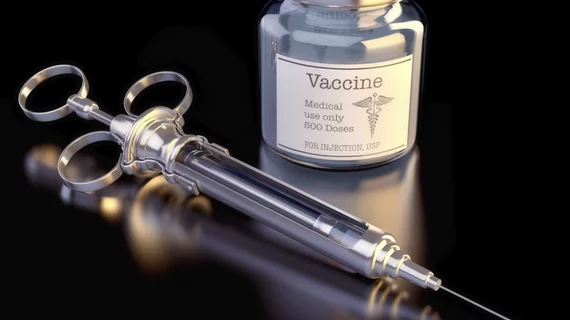macro-eyes receives $2.2M to expand supply chain AI for vaccines
macro-eyes, a Seattle-based healthcare company, has received $2.2 million from the Bill & Melinda Gates Foundation to improve healthcare access in Tanzania and Mozambique with its Connected Health AI Network (CHAIN) technology.
The company has already found some success with CHAIN in Tanzania, using its machine learning solutions to improve the prediction of vaccine utilization by 70%. Such improvement, the company explained in a prepared statement, could make a big impact throughout the region.
“Increasing forecasting accuracy by 70% would mean cutting stock-outs and a dramatic reduction in the number of vaccines required to increase vaccination coverage,” according to the statement. “Cost of vaccine programs would be lowered, and resources would reach far more children.”
macro-eyes aims to build its technology with both interoperability and scale in mind, developing solutions that can be integrated with existing health systems and “gain insight and rare information from frontline health workers.” The company is also working to develop a mobile application that can monitor vaccine stock levels using machine learning.
“The technology will lower the time burden for data entry, help to ensure that every product is accounted for, and make it possible to measure stock accurately in real-time,” according to the same statement. “Accurate, reliable counts improve forecasting, decreasing the cost of care and increasing access to health commodities.”

